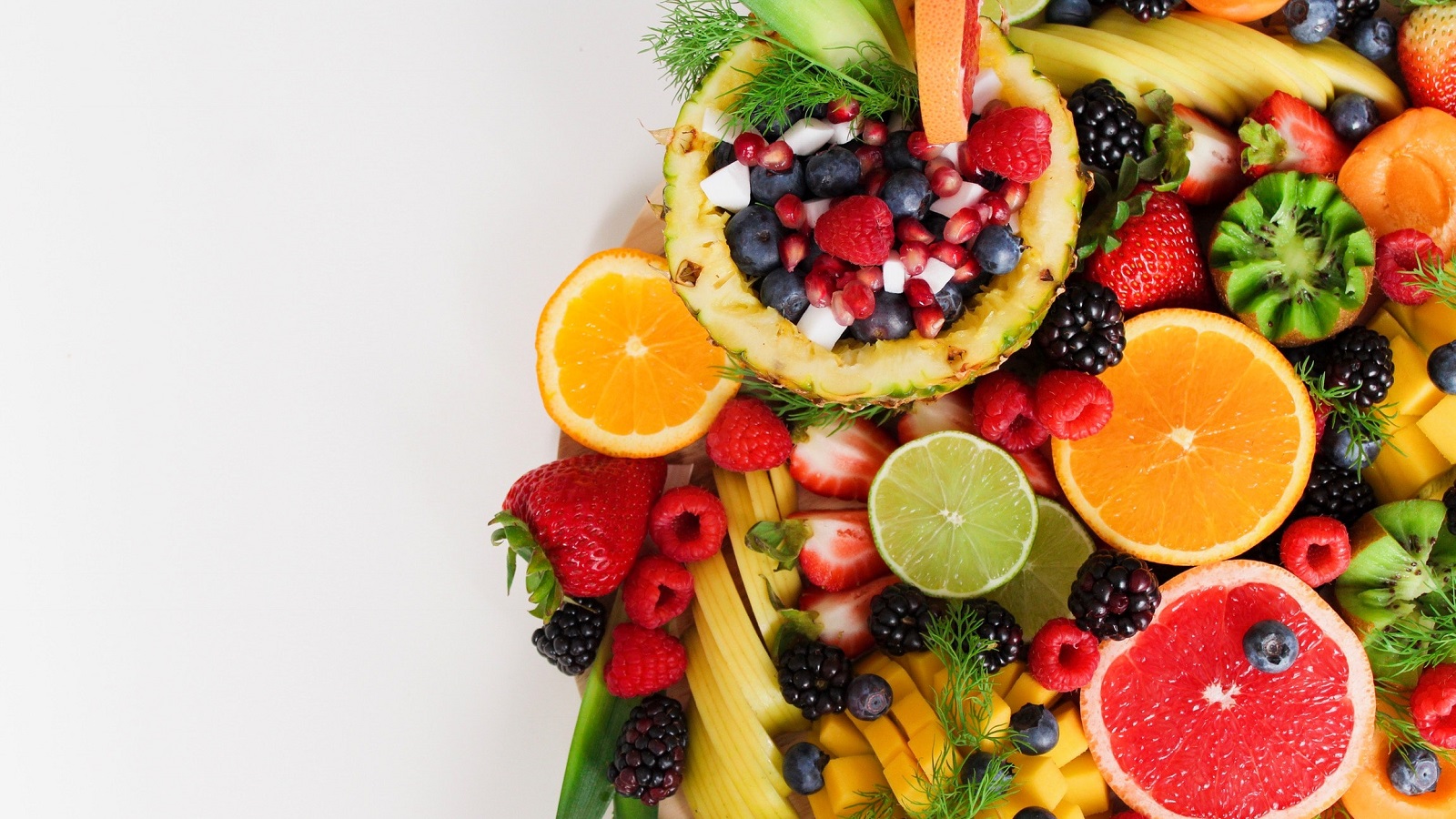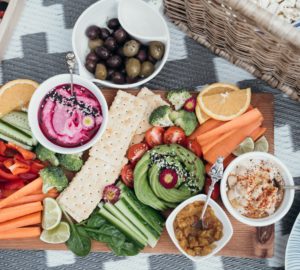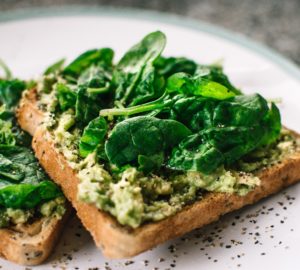7 important nutrients you can ONLY get from plants
A plant-based diet is a source of many essential vitamins and nutrients, and – contrary to what some people believe – is not nutritionally deficient.
In fact, some nutrients only exist in plants – and those not eating plant-based could be more likely to lack them in their diets.
Here are 7 vital nutrients you can only get from plants.
-
Vitamin C
![]()
Vitamin C is a powerful antioxidant, which is also necessary for the growth, development, and repair of body tissues. It is involved in many body functions, such as the formation of collagen, absorption of iron, wound healing, and the immune system.
Animal-based products don’t contain sufficient levels of vitamin C, whereas it is found in abundance in many plants. The richest sources of vitamin C include citrus fruits (especially oranges!), bell peppers, kiwifruit, kale, and various berries.
-
Quercetin
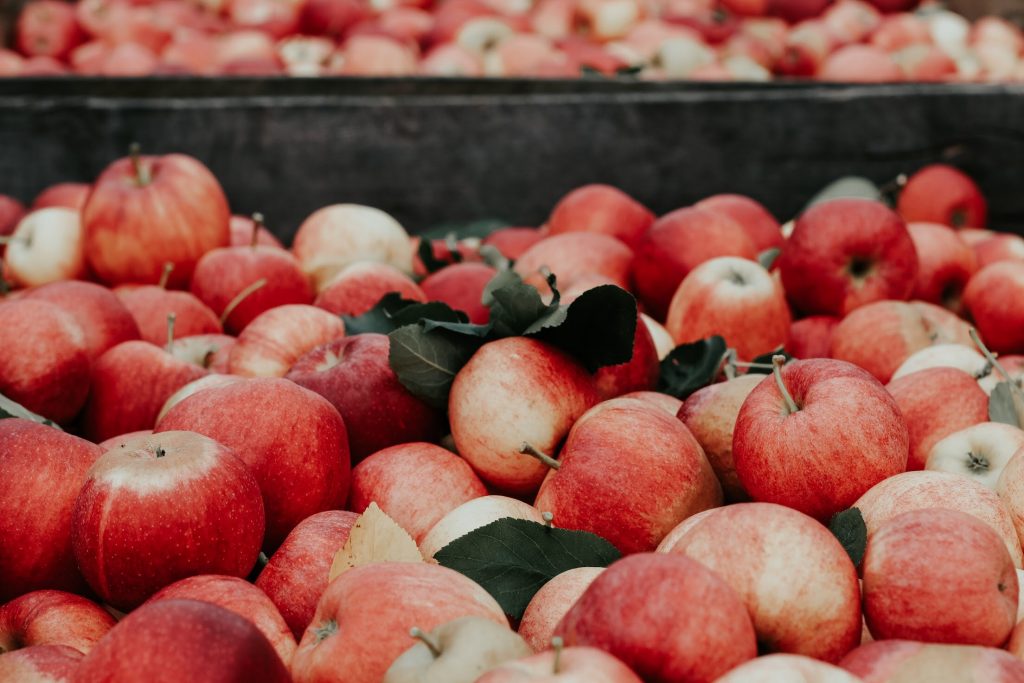
Quercetin also serves as an antioxidant – and has been linked to the prevention of various diseases, including cancer.
Quercetin is present in a variety of fresh fruits and vegetables, such as apples, parsley, berries, buckwheat, cranberries, capers, peppers, and onions.
-
Lignans
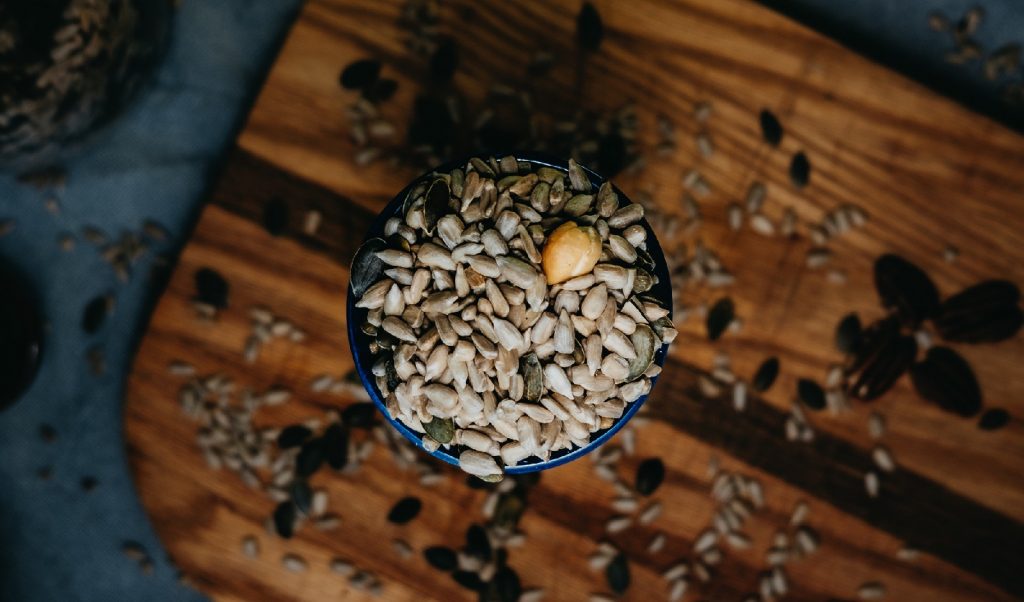
Lignans are dietary fibers which the body turns into phytoestrogens. Phytoestrogens are essential for maintaining good health – and they have even been linked to lowering the risk of severe illnesses like breast cancer, and heart disease.
Seeds (flax, pumpkin, sesame, and sunflower) are a great source of lignans, but they can also be found in many other plant-based foods, such as cruciferous vegetables, fruit, bran, and whole grains.
-
Beta-glucan
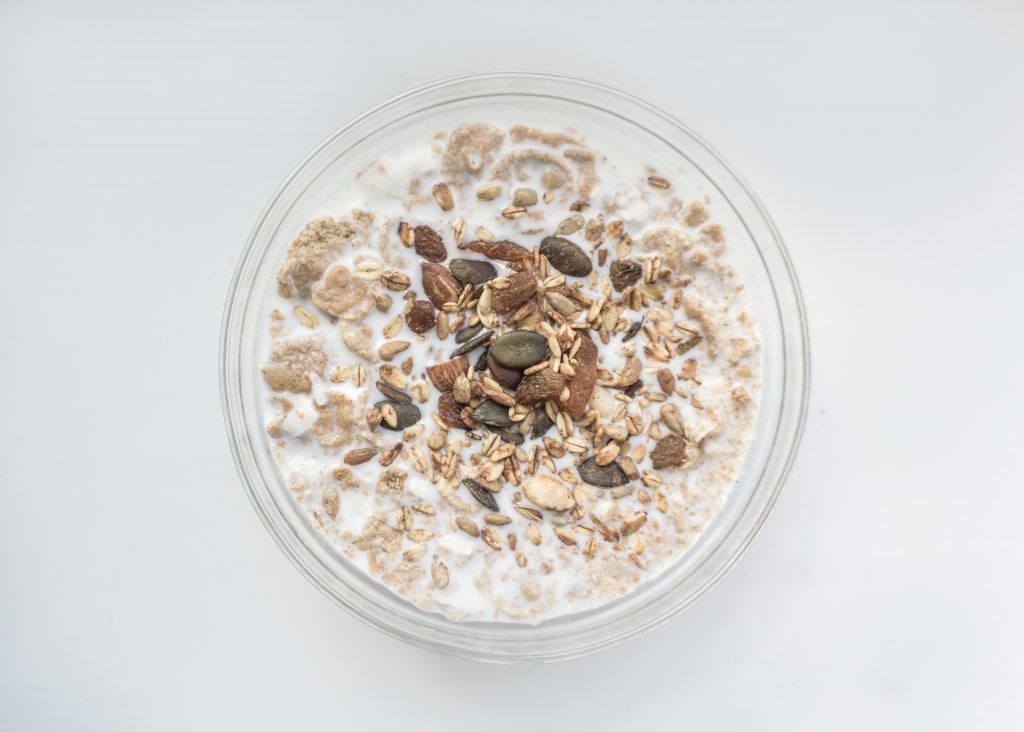
Beta-glucan is a form of soluble dietary fiber, which has been strongly linked to improving cholesterol levels and better heart health.
Beta-glucan can be found in a wide variety of plant-based foods, including oats, whole grains, bran, barley, and mushrooms.
-
Inulin
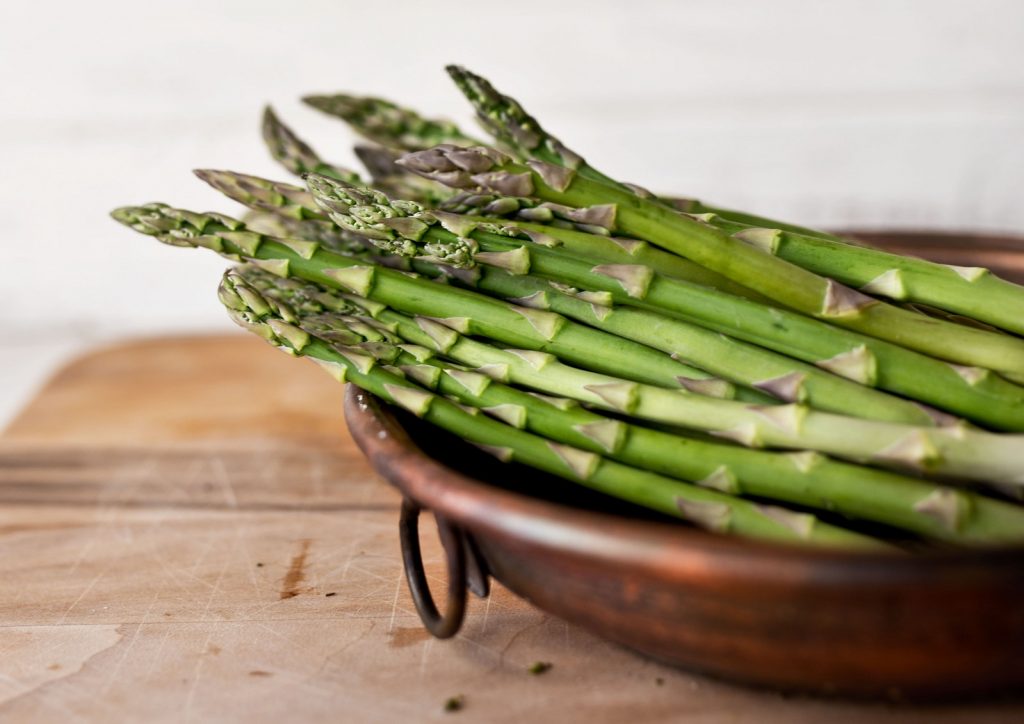
Inulin is also a type of fiber, but it belongs to a group called fructans. Fructans are prebiotic fibers that boost colon health by supporting the good bacteria that live there. Research also shows inulin may help relieve constipation.
You can find inulin in various fruits and vegetables, including artichokes, asparagus, garlic, onions, leeks, and bananas.
-
Pectin
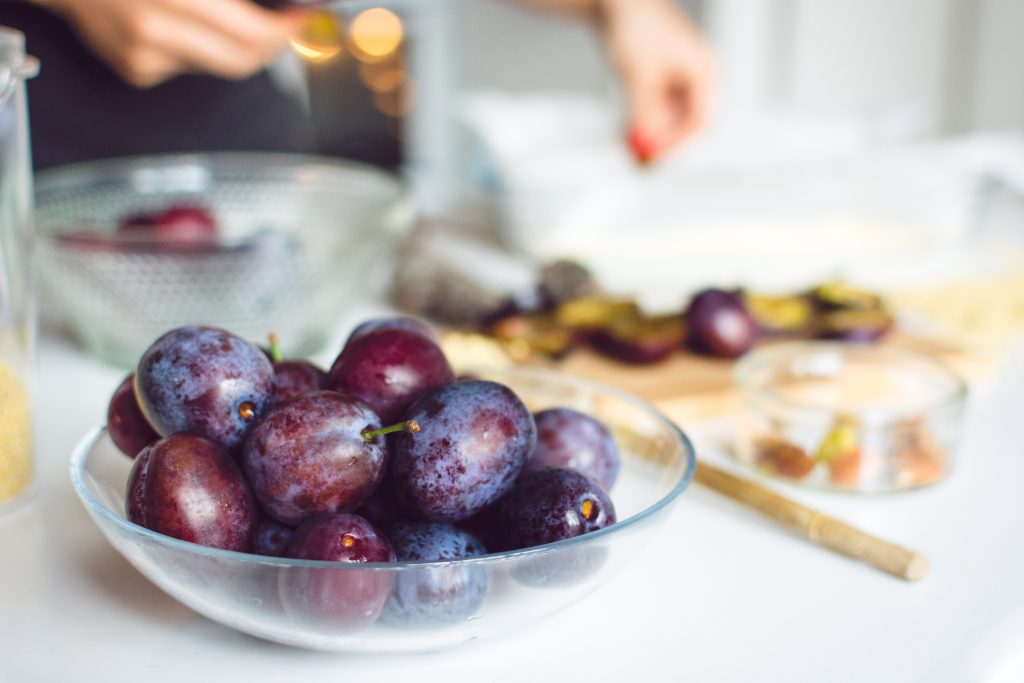
Pectins are another family of prebiotic fibers that have a ton of health benefits. They promote the growth of healthy bacteria in the colon, help ease chronic diarrhea, and may even prevent colon cancer!
Sources of pectin include fruits like oranges, plums, apples, bananas, guavas, and berries (blackberries, raspberries, strawberries, and dewberries).
-
Resistant Starch
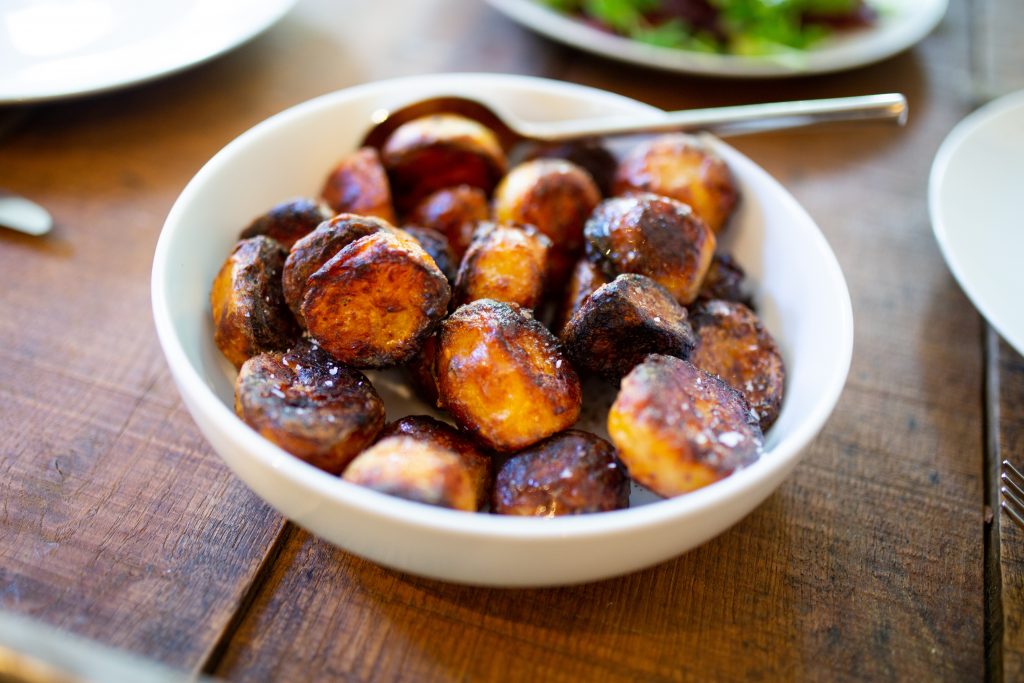
Resistant starch also plays a key role in keeping your colon healthy.
Studies show that it may also make you feel fuller for longer, and help moderate blood sugar levels after meals.
To incorporate more resistant starch into your diet, eat plenty of legumes, whole-grain cereals, pasta, and potatoes (which must be cooled down after cooking!).
And now – find out how to eat vegan and get every vitamin and nutrient you need!






